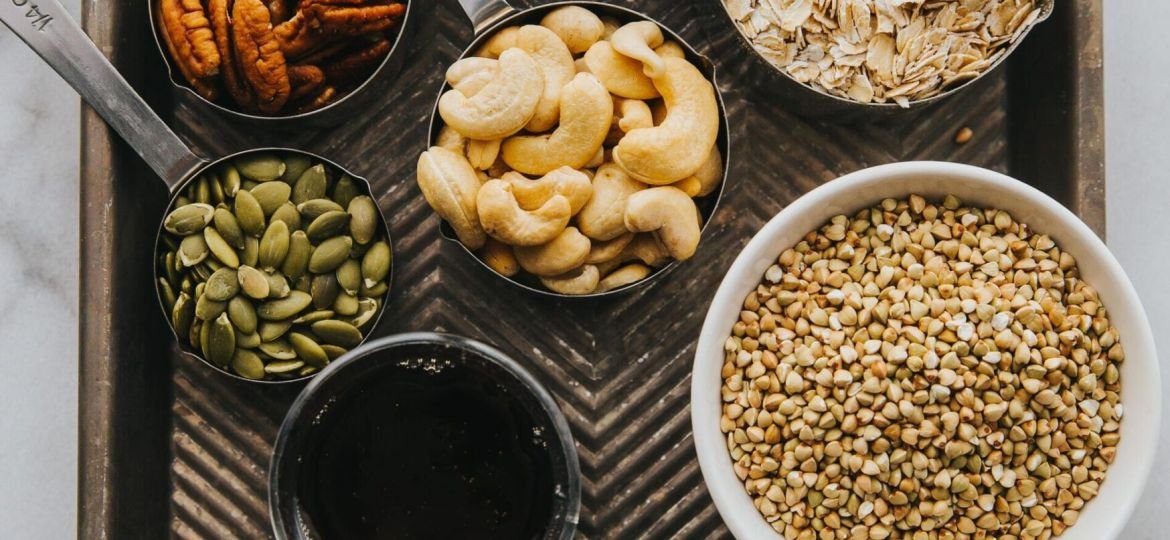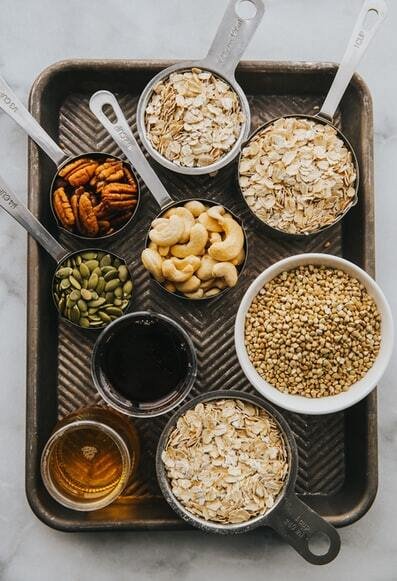
What is gluten? Why are products labelled as gluten free? Is it a part of any weight loss diet? Should we all be eating gluten free?
Gluten is the proteins found in wheat, rye, barley and triticale. Gluten in these foods helps maintain their shape, acting as a glue that holds food together.
Now a days, many people have become concerned about consuming gluten and believe it can cause health problems. However, research suggests that gluten is safe for most people and can tolerate with no adverse effects. However, it can cause problems for people with certain health conditions which includes celiac disease, gluten sensitivity, wheat allergy, and some other diseases.
Celiac disease is an autoimmune disorder that’s triggered when you eat gluten, it triggers production of antibodies that attack and damage the lining of the small intestine. Such kind of damage limits the ability of individuals with celiac disease to absorb nutrients and may put them at risk of other serious health problems, including slow growth, nutritional deficiencies, infertility, osteoporosis, , miscarriages, and intestinal cancers.
Commonly found symptoms of celiac disease are:
- digestive discomfort
- tissue damage in the small intestines
- bloating
- diarrhoea
- constipation
- headache
- tiredness
- skin rashes
- depression
- unexplained weight loss
- foul-smelling faeces
However, it can be confirmed by doing Blood tests and Biopsy from small intestine.
FDA’s regulation has established a federal definition of the term “gluten-free” for food manufacturers that voluntarily label FDA-regulated foods as “gluten-free.” The definition was intended to provide a reliable way for people with celiac disease to avoid gluten, and, given the public health significance of gluten, restaurants’ use of gluten-free labelling should be consistent with the federal definition.
Why most people mistaken “gluten free” with a kind of diet or a fad diet or something healthy?
We are used to looking at the term fat free, cholesterol free etc products and are conditioned in a way that it feels like it has to be something healthy or fat free. However, if you do not have celiac disease, it does not really matter much. We must also choose healthy foods. A gluten-free label in any food does not mean that a food is healthy, and gluten-free processed food is still processed food.
Before making any major dietary changes themselves, one must seek medical attention who feel that they are intolerant to gluten.
Here is the list of food items that are naturally gluten free.
- rice
- oats
- quinoa
- flax
- millet
- sorghum
- tapioca
- buckwheat
- arrowroot
- amaranth
Oats are naturally gluten free but cross-contamination can occur if a facility processes oats alongside other gluten-containing grains such as wheat. Therefore, it better to consume oats with a gluten-free label.
Healthy whole foods that are naturally gluten free, includes:
- meat
- fish and seafood
- eggs
- dairy products
- fruits
- vegetables
- legumes
- nuts
- tubers
- fats, such as oils and butter
A person should always consult with a healthcare professional before adopting a gluten-free diet or making any major dietary changes.

